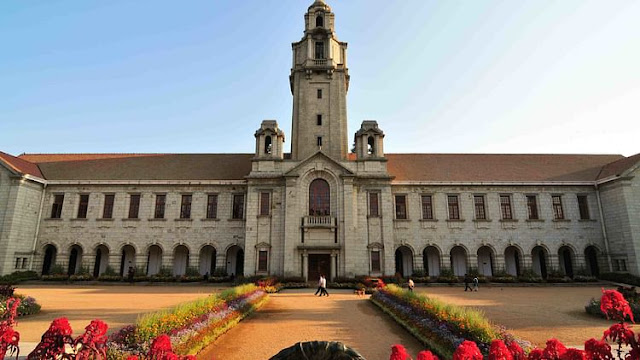Changing: Towards a new form of student development

The excitement about AI made it urgent, but it is not about AI. Education systems, in general, and tertiary education systems, in particular, have been operating within a specific environment of ideas since the 1990s, which has now undergone a change. In summary, the entire system functioned as a component of a talent value chain. The industrial thinking has been apparent - the student came in as the input, the graduate came out as the output - and the goal of educational improvement has been process efficiency. The value of the educational intervention sprang not from the process of education itself, but the value that the talent marketplace accorded to the graduate thus produced. Some institutions, particularly top-ranked research institutions, may claim that they haven't been affected by this 'vocational' transformation. They claim that their processes are not attuned to the immediate requirements of the job market, and in the case of Oxford, I was told that their focus ...











